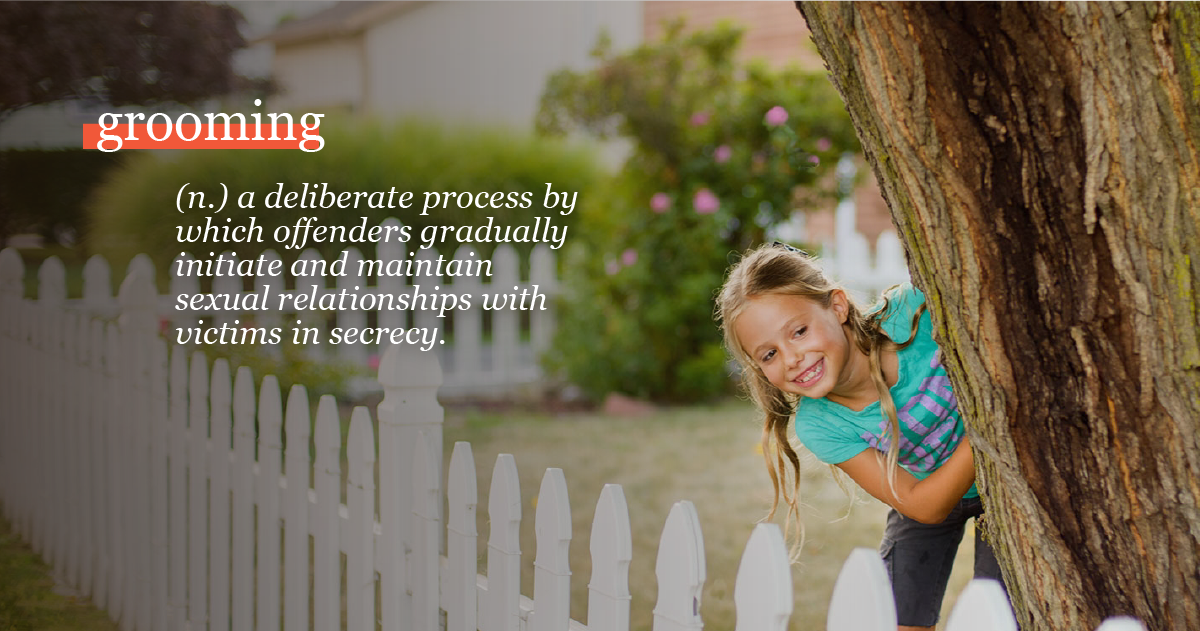The Inspiring Journey of the Groomed Survivor: Empowering Resilience
Imagine a hero who has not only survived but flourished in a world full with obstacles. Introducing the “groomed survivor,” a person who has been molded by their experiences and is prepared to face any challenge life may present. Imagine someone who, like a tree that bends in the wind but never breaks, has survived storms, learned important lessons, and come out stronger.
These people use their experiences to motivate others rather than concentrating only on what occurred to them. They develop further with every setback, transforming their wounds into tales of hope. A well-groomed survivor serves as a beacon of hope, demonstrating to us that we can find the fortitude and resiliency to shine brightly once more, even at our darkest moments.
The Journey of the Groomed Survivor
Understanding the Groomed Survivor
A person who has successfully negotiated life’s challenges and come out of hardship with a fresh sense of purpose is known as a groomed survivor. This phrase describes those who have encountered major obstacles, whether they be situational, emotional, or personal. They use their history to create a better future rather than letting these experiences define them in a bad way. Deep introspection and the readiness to accept vulnerability are frequently necessary for this life-changing experience.
These survivors usually go through a grooming process in which they actively concentrate on emotional rehabilitation and self-improvement. Personal development programs, support groups, and therapy are just a few of the ways this grooming can be done. Redefining their identity and building resilience are the objectives in order to give them back their voice and authority.It’s a dynamic process that prioritizes development above survival.
Furthermore, a groomed survivor is distinguished by their mentality. They see failures as chances for learning and development rather than as impenetrable barriers. By demonstrating that the route is equally as significant as the destination, this viewpoint empowers people to negotiate the complexity of life with a sense of agency.
The Emotional Landscape
A groomed survivor’s emotional terrain is frequently complex and multidimensional. Even though they may still be burdened by prior traumas, they have the skills necessary to effectively control these feelings. Processing pain and learning to communicate emotions that were previously difficult to express are important components of their journey. Their resilience is based on this emotional intelligence.
Support networks are essential to this emotional development. Groomed survivors frequently find a safe place to talk about their experiences from friends, family, and mental health specialists. These relationships provide support during trying times in addition to validating their emotions. Creating these kinds of networks promotes a feeling of belonging and community, which is crucial for emotional recovery.
Groomed survivors learn to identify triggers and develop healthy coping strategies as they traverse their emotional terrain. Their increased self-awareness enables individuals to better control their stress and worry. These abilities eventually lead to a more stable emotional state, which enables individuals to interact with the outside world in a more constructive and genuine way.

The Power of Storytelling
For trained survivors, storytelling is an essential skill that helps them express their experiences and share their adventures with others. They use stories to turn suffering into strength and make their voices heard by others who might be going through similar struggles. Every tale turns into an example of resiliency and shows that recovery is achievable.
By sharing their experiences, these survivors foster understanding and connection while also inspiring others. They demonstrate that no one must face their hardships alone by dismantling the barriers of isolation that frequently accompany trauma. Storytelling in a group setting promotes empathy and conversation about mental health and recovery.
Additionally, the trained survivor themself may find that storytelling is helpful. It helps them make sense of their trip by enabling introspection and the integration of prior experiences. They acquire understanding and clarity by verbalizing their experiences, which strengthens their identification as thrivers rather than merely survivors.
Building Resilience
One of the defining characteristics of the prepared survivor is resilience. It’s not just about getting back up after adversity; it’s also about changing and growing. Every obstacle encountered serves as a foundation for more robust coping strategies and a deeper comprehension of oneself. This resilience frequently results from a combination of individual willpower and outside assistance.
Building resilience requires engaging in self-care and mindfulness practices. Exercise, journaling, meditation, and other mental health-promoting pursuits are common among well-groomed survivors. By bringing their thoughts and feelings into balance, these exercises enable students to face life’s obstacles with a more composed and concentrated attitude.
Furthermore, establishing attainable objectives is essential to building resilience. Groomed survivors are able to celebrate minor triumphs along the road by decomposing more ambitious goals into smaller, more achievable steps. This methodical approach not only increases self-assurance but also strengthens the conviction that, despite the challenges they face, they possess the ability to influence their own destiny.
Inspiring Others
Well-groomed survivors are frequently in a rare position to encourage others traveling similar paths. They are able to provide insights that can have a profound impact on individuals who are struggling because of their lived experiences. By sharing their experiences, they create a culture of understanding and support by illuminating the way to recovery and inspiring others to embrace their own tales.
In order to help others overcome their obstacles, many trained survivors take on mentorship jobs. They provide as a ray of hope and a reminder that recovery is not only feasible but also achievable, whether through official programs or unofficial relationships. Their teachings of resilience are all the more powerful because of their willingness to be vulnerable.
Furthermore, systemic change can be sparked by the advocacy work that many trained survivors do. They add to a larger discussion about healing and recovery by bringing attention to mental health concerns and the value of support networks. By changing cultural perspectives, their voices encourage others to embrace their own paths as trained survivors and seek assistance.







